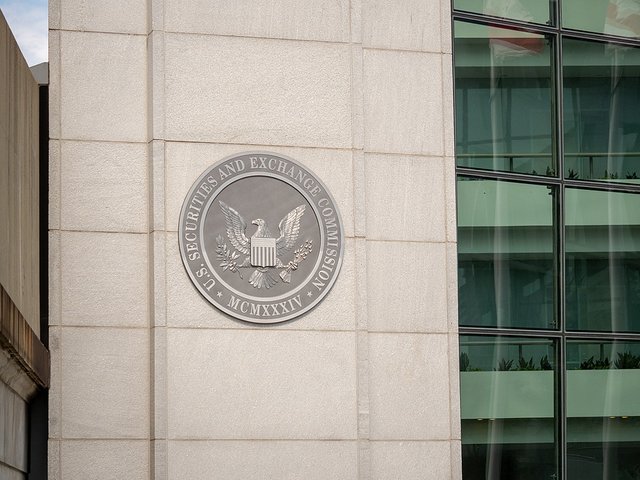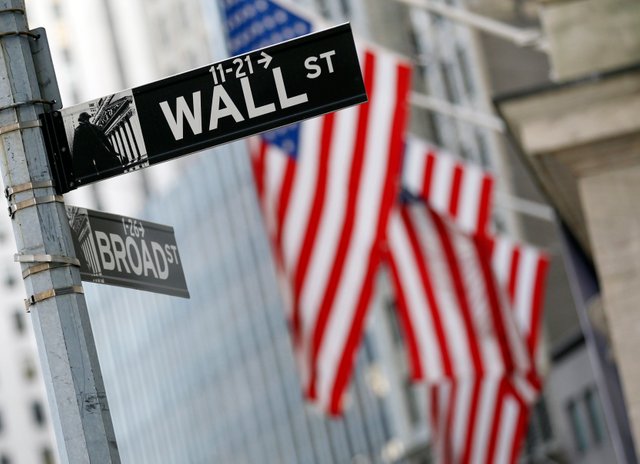SEC Private Market Expansion Falls Flat

On August 26, the U.S. Securities and Exchange Commission (“SEC”) announced several changes to the “accredited investor” definition, adding new categories of the eligible individual and corporate candidates for private capital markets.
Passed in a 3-2 Commission vote, the agency press release describes the decision to expand investment opportunities as an ongoing attempt to simplify, balance, and further develop the existing exempt offering framework.
Accredited investors are unique in that, under SEC guidelines, they may participate in unregistered offerings for investments in start-ups, private placements, private equity funds, and venture capital funds (collectively the “Private Markets”), whereas non-accredited investors (most people) cannot.
So, why should non-accredited inventors care about this? Simple – the Private Markets offer significantly higher returns than the public markets. In many cases, the Private Markets offer notably better odds of producing asymmetric returns for those who can participate because these opportunities exclude the general public
Asymmetric return on investment is the inherent reason why venture capital funds exist. These are funds that actively bank on only one or two investments being successful every ten years or so… and they continue to post double and triple-digit returns for their investors despite losing money on eight or nine out of ten investments. That does not happen, and indeed, cannot happen in the public markets.
What’s more, since the accredited investor exemption was established, an individual’s income and/or net worth has largely been the main criteria for establishing one’s accredited status. A policy that contributes greatly to national wealth inequality, only the rich are allowed to participate in the most lucrative of investments, despite a lack of data to support a correlation between net worth or income and financial acumen.
That said, with the late summer agency update, the SEC intended to expand and encourage market participation by modifying Rule 144A under the Securities Act of 1933 to include two new categories of accredited investors. The first category crucially allows for the consideration of factors such as certain professional certifications, designations, or credentials to determine qualified accredited investors at SEC discretion.
The release does not provide an exhaustive list of skills formally recognized by the Commission, but the SEC has extended accredited investor status to candidates with Securities Representative (Series 7), Uniform Investment Adviser (Series 65), and/or Private Securities Offerings Representative (Series 82) licenses in good standing.
Put simply, the SEC now deems bankers, stockbrokers, hedge fund employees, and other participants in high finance to be accredited based on the nature of their work. Given the salaries and bonuses that members of those professions command, the total number of new accredited investors eligible to participate in lucrative Private Market investments is likely not high as a great many of these individuals likely already qualify based on the previously existing income thresholds.
The agency notice additionally includes limited liability companies with $5 million in assets, family offices with at least $5 million in assets under management and their “family clients,” and spousal equivalents of the revised accredited investor definition – once again catering to the already well-established members of the financial sector.
Speaking on the changes, in August SEC Chairman Jay Clayton stated:
"For the first time, individuals will be permitted to participate in our private capital markets not only based on their income or net worth, but also based on established, clear measures of financial sophistication. I am also pleased that we have expanded and updated the list of entities, including tribal governments and other organizations, that may qualify to participate in certain private offerings.”
While a step in the right direction, the SEC’s most recent attempt to expand access to private is fundamentally underwhelming. Previously, wealth has been the sole criteria for Private Market opportunities, yet now, it appears that wealth and wealth-biased careers still serve as filters for the private sector.

If the SEC is serious about democratizing access to the Private Markets through meritocracy, any adult should be permitted to take an exam that demonstrates their financial sophistication and thereby gain access to finical rewards that are currently out of their reach.
For Commissioners Allison Herren Lee and Caroline Crenshaw, the revisions fail to adequately keep the public from financial risk. In the dissenting opinion issued with the SEC decision, Lee and Crenshaw state that the recent action falls short, neglecting to adjust the wealth index for inflation while not clearly defining Private Market:
"Today’s amendments purport to ‘update’ that definition while leaving in place 38-year old wealth thresholds, declining to index the thresholds to inflation, and declining to provide economic analysis to show how the failure to index will affect American investors—the bulk of whom are seniors—going forward.”
Commissioners Lee and Crenshaw’s statement is typical of the long-held and rather patronizing view that Private Markets pose higher risks due to the lack of transparent financial data and reporting requirements and should therefore be out of reach of the common citizen for their own protection.
Yet, this argument seems to disregard the fact that information about the Private Markets and its associated risks is far more accessible than it was in 1933 when these rules were first codified.1 No one is advocating that all US citizens should be granted access to the Private Markets all the time, but in the name of equality and upward mobility, it is imperative that anyone and everyone who possesses the requisite skills and knowledge be allowed to participate.
Beyond the general public, there is another demographic that should be paying attention to the definition of Accredited Investors: proponents of cryptocurrency.
As many know, some of the fundraising tools available to companies in the crypto space are illegal in the US due to US securities law exemplifying how laws drafted in the 1930s are no longer able to keep pace with innovation. An expansion of the Accredited Investor definition has the potential to introduce more investors to token offerings and cryptocurrency-based fundraising.
For now, the finance industry must wait to see how the latest action’s amendments play out following its formal effective date in the Federal Register, but if you are interested in the democratization of finance, closing the wealth gap, and/or the mass adoption of cryptocurrency, write to your representatives and urge them to modernize the SEC.
- Note that anyone with a pension or life insurance is already participating in the Private Markets by proxy. If the Private Markets are so intimidating why are some of the most important sources of income and protection, funds that must absolutely be available when needed, funneled into the Private Markets? Outsized returns are again the answer to this question.
Authors: Dave Rodman
The information in this blog post (the “Blog” or “Post”) is provided as news and/or commentary for general informational purposes only. The information herein does not, and shall never, constitute legal advice and therefore cannot be relied upon as a legal opinion. Nothing in this Blog constitutes attorney communication and is not privileged information. Nothing in the Post or on this website creates any kind of attorney-client relationship or privilege of any kind.
Originally published at https://therodmanlawgroup.com on November 16, 2020.